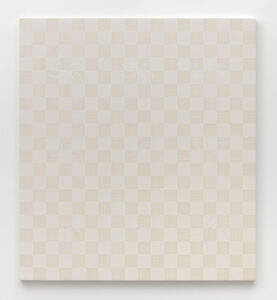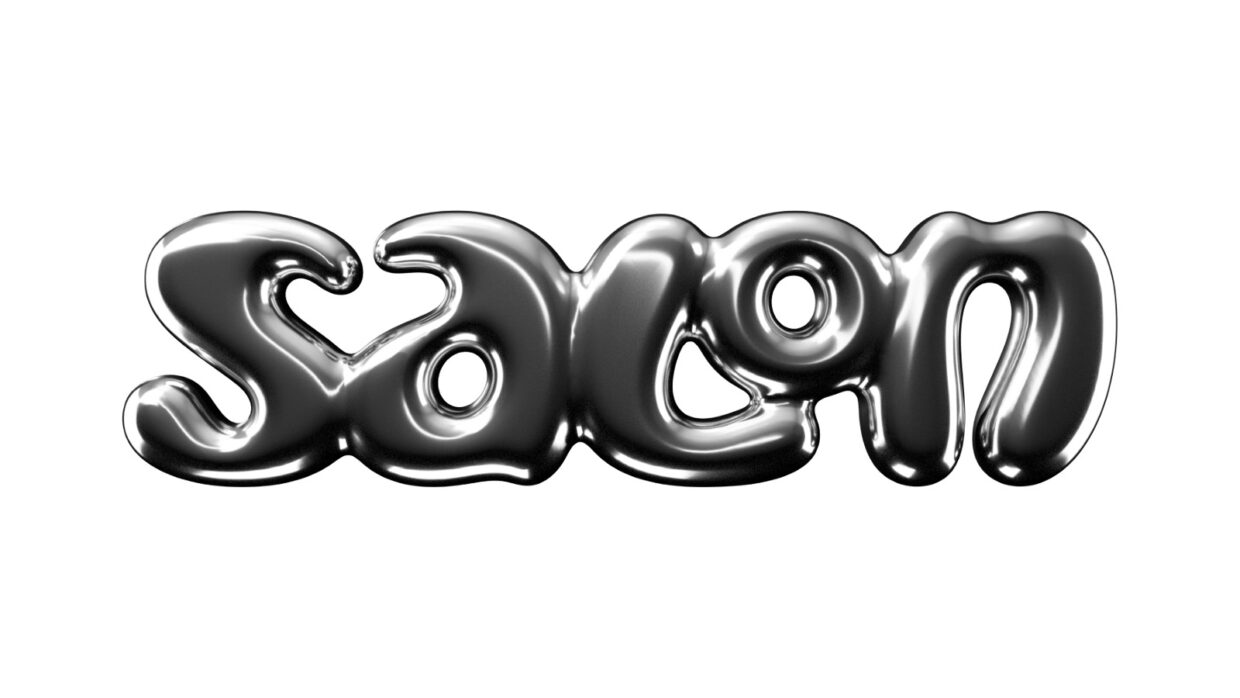Let’s face it: the art market, as it is, isn’t the most welcoming of environments. Even past the high financial barrier to entry, the air of stuffy exclusiveness makes the $65-billion sector downright opaque to anyone without access to insider’s knowledge or an art advisor. This, to Jordan Huelskamp, represents a loss for art commerce at large. “Any industry operating on this level of exclusion is limiting its overall potential,” she tells Jing Culture & Crypto. “The market’s elitism is actually backfiring by limiting the amount of art made, bought, and sold.”
Which is why blockchain technologies have been revelatory for market players and revolutionary for potential collectors. NFTs have promised to democratize art buying — by offering art at affordable prices, by fractionalizing ownership — while the opportunities offered by decentralization ultimately mean not some but all can participate in the space and marketplace.

“Community is essential,” says Jordan Huelskamp, Founder of Salon and Head of Social at Artsy. Image: Jordan Tiberio
This is where Huelskamp’s venture, Salon, enters the scene. Billed as “the world’s first decentralized art fund,” Salon represents a community of art collectors, creators, investors, and professionals which will collectively identify and acquire artworks. Members, who purchase voting rights via “Salon units,” will partake in blockchain-based voting and equity ownership, with their eventual shared art collection set to be hosted and displayed across their residences.
Huelskamp, as founder, is Salon’s first member. There is no fund manager leading the pack, but, as described, Salon is “effectively headless” — a decentralized autonomous organization backed by blockchain technologies that ensure consensus over a single authority.
“Community is essential,” emphasizes Huelskamp, who fittingly also serves as Head of Social at Artsy. “Salon’s decentralized model empowers members to leverage their access across global cities and gallery networks for mutual benefit,” she says. “By design, Salon grows stronger through the diversity of our members, drawing from the power of community.”
That said, she has been mindful of building “bulletproof compliance” into Salon. The fund is structured as a DAO wrapped in a LLC, with an operating agreement that limits members’ liability and fiduciary obligations. Currently, membership is capped at 100 participants and all members have to qualify as accredited investors. “Salon will evolve in lockstep with established legal precedent for decentralized organizations,” adds Huelskamp, “which may empower us to grow beyond 100 members or accept non-accredited investors, further reducing entry barriers to fine art investing.”
Since its limited launch earlier this year, Salon has acquired Hanna Hur’s 2021 painting “Nine,” a delicate, meticulous work that bears out the LA-based artist’s geometric leanings. According to Huelskamp, the fund does maintain “internal documentation and core collection values” that guide its acquisitions, though “by nature, decentralized organizations may vote at any time outside of those criteria — that’s the beauty of collective decision-making.”

Salon’s first acquisition was Hanna Hur’s “Nine,” bearing out Huelskamp’s personal wish for the DAO to purchase works by artists “at the cusp of their big breaks.” Image: Kristina Kite Gallery
Since 2020, DAOs have emerged a force in the art collecting landscape. The likes of PleasrDAO and Flamingo DAO have variously approached digital art collecting with mechanisms from communal investment to fractionalization, while single-purpose DAOs such as ConstitutionDAO and Spice DAO have formed (and then, un-formed) to purchase the one specific artifact.
However much the rationales of these collectives differ, they fundamentally put the power of a community behind a shared collecting goal. Their models don’t just make art buying and collecting accessible, but, through their narratives and ethos, might in turn add value to the art being acquired.
Such is Salon’s ambition. Huelskamp personally hopes for the DAO to collect works by emerging artists and for these purchases to “help propel an artist’s market, by acting as a vote of confidence in the same way a museum acquisition might.” That entails being in it for the long run — to establish trust, to forge connections with artists and galleries, to build “an institutional grade collection” — but Salon has its sights set far.
“My vision is for Salon to grow into a cultural tastemaker, an organization that can help further an artist’s career through each acquisition decision,” says Huelskamp. “I’ll know we’ve made it when I overhear someone at an art fair whisper, ‘I heard Salon just collected one of those.’”



